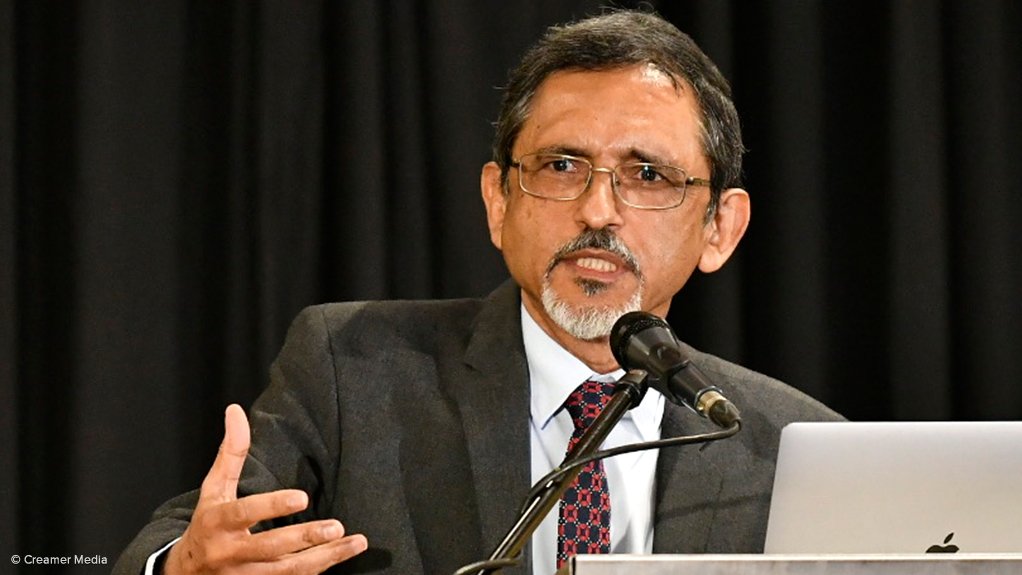Trade, Industry and Competition Minister Ebrahim Patel reports that an energy one-stop shop to speed up the regulatory processes required for private investment in electricity generation has been established and is being managed by InvestSA.
In a presentation to the Portfolio Committee on Trade and Industry, Patel reported that the one-stop shop had been established in line with the Energy Action Plan (EAP) to tackle loadshedding, which has since been declared a state of disaster.
“The one-stop shop will assist power-generating companies navigate the different processes that apply in law and decrease turnaround times by assisting investors to submit applications through a single-window process to obtain all necessary government approvals,” Patel reported.
Some of the department’s staff had already been redeployed to the one-stop shop and further recruitments would be made from outside of the department after the start of the new financial year on April 1.
“Unblocking teams” were also currently being assembled to assist potential investors speed up their projects.
Cutting red tape and accelerating regulatory processes has been highlighted as urgent by the National Energy Crisis Committee that has been set up to implement the EAP, which focuses on supporting a recovery in the performance of the Eskom coal fleet and adding new non-Eskom generation.
Patel reported that moves to hasten regulatory approvals was one of eight actions being undertaken by the Department of Trade, Industry and Competition (DTIC) to support the EAP, with the other seven including:
- Increasing private investment in generation, primarily through the extension of development finance from the Industrial Development Corporation, which had already supported 24 renewables projects with a combined capacity of 953 MW and had a potential project pipeline (comprising both publicly and privately procured projects) involving more than 8 000 MW;
- Introducing “regulatory flexibility” on transformation by providing independent power producers with a “customised” black economic empowerment scorecard that takes account of the “unique characteristics of electricity projects”;
- Providing “regulatory flexibility” on competition laws, with the Competition Commission having released draft regulations for public comment that would extend block exemptions to both suppliers and consumers of electricity to allow for collaboration without infringing on South Africa’s competition legislation;
- Establishing a R1.3-billion Energy Resilience Scheme, which will provide blended finance to support companies affected by loadshedding, as well as grant financing for township and rural enterprises aiming to invest in solar back-up solutions;
- Developing, through the South African Bureau of Standards, various energy efficiency standards for technologies that can help reduce consumption;
- Ramping up monitoring of potential price gouging and price fixing on key energy components, including solar panels, inverters and batteries; and
- Supporting the industrialisation of energy components by attracting and incentivising manufacturing investments.
“The eight actions outlined constitute a major new focus for the DTIC-group.
“It requires a ‘retooling’ of the department and its entities, with shifts of staff and resources from originally-budgeted areas to the expanding work in managing the energy challenges,” Patel told lawmakers.
EMAIL THIS ARTICLE SAVE THIS ARTICLE ARTICLE ENQUIRY
To subscribe email subscriptions@creamermedia.co.za or click here
To advertise email advertising@creamermedia.co.za or click here











